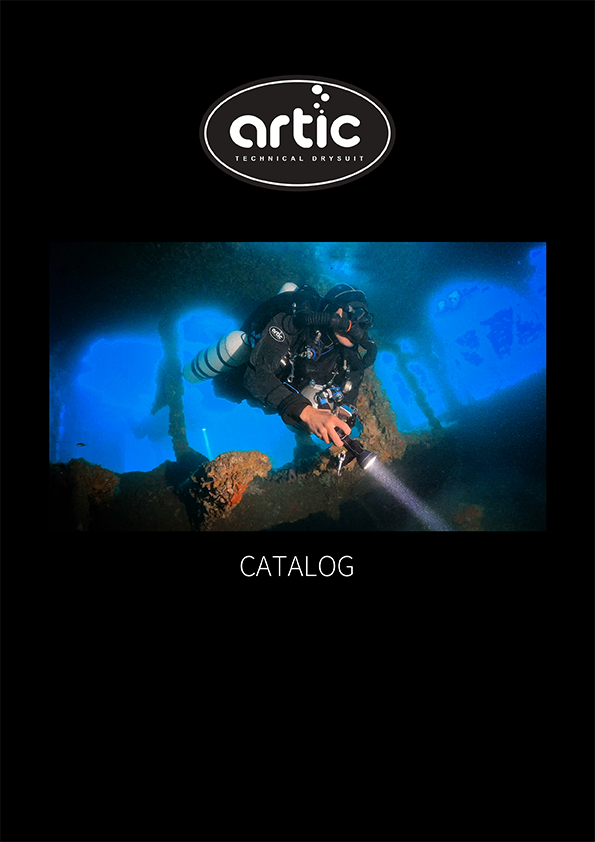
Breathing is an essential part of life, but it takes on an even more critical role when you’re scuba diving. Underwater, proper breathing techniques can help you conserve air, prevent lung injuries, and stay calm in stressful situations. Whether you’re a beginner or an experienced scuba diver, mastering breathing techniques can help you enjoy your dives more safely and comfortably.
Here are some tips for mastering breathing techniques for safe and enjoyable scuba diving:
In conclusion, breathing techniques are essential for safe and enjoyable scuba diving. Proper breathing can help you conserve air, prevent lung injuries, and stay calm in stressful situations. By practicing breathing exercises, focusing on slow and deep breaths, and using your diaphragm, you can improve your breathing habits and have a more comfortable and enjoyable diving experience. Remember, always prioritize safety while scuba diving, and never hold your breath while diving.
Stay updated with the latest scuba diving news, tutorials, and exclusive offers by signing up for our newsletter!
